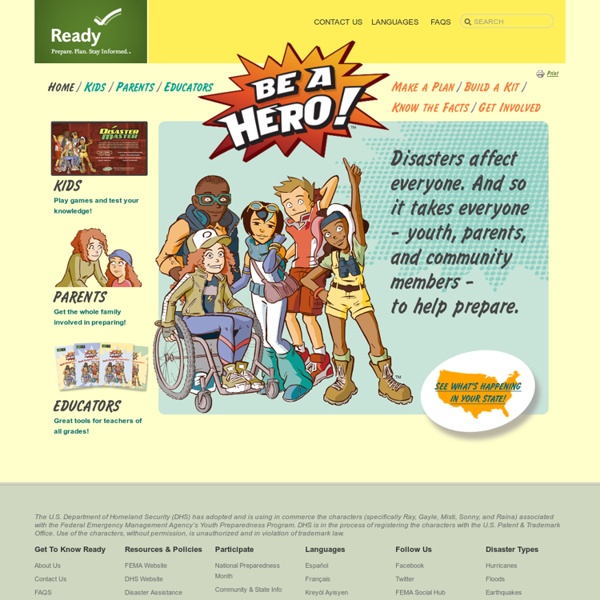



SafeKids.com | Digital citizenship, online safety & civility Meteorology WiredSafety: the world's largest Internet safety, help and educa Adventures In Research <div style="padding:5px; font-size:80%; width:300px; background-color:white; margin-left:auto; margin-right:auto; border:1px dashed gray;"> Internet Archive's<!--'--> in-browser audio player requires JavaScript to be enabled. It appears your browser does not have it turned on. Please see your browser settings for this feature. </div> Old Time Radio Programs. This audio is part of the collection: Old Time RadioIt also belongs to collection: Radio Programs Keywords: Old Time Radio; Adventures In Research; Creative Commons license: Public Domain Individual Files Write a review Downloaded 55,493 times Reviews Average Rating: Reviewer: 2muchtv - - February 24, 2008 Subject: Interesting topics, great delivery Science features, anecdotes, historical docu-dramas and technology news. A couple of clunkers, but overall a great way to enjoy a brief history of early 20th century marvels.
Internet Safety Almost all children today have access to the Internet through schools, libraries, community centers, or their home. And most 8 to 18-year-olds, 74 percent, have Internet access from their home computers according to the Kaiser Family Foundation. Not only do more children have access to the Internet than ever before, but they are using it more, too. Many schools incorporate the Internet into their curricula and encourage online research for projects. But that’s not all kids are doing online. They also email, chat with friends through instant messenger and in chat rooms, play games, create websites and web blogs, and just surf the ‘net. Even as kids grow savvier in their use of the Internet, it can still be a dangerous place. Information about Internet Safety Mind What You Do OnlineGeneral Internet safety guides for adults and kids. Tips for Parents Social Networking Safety Tips for ParentsA list of tips that parents should follow to keep kids safe online
Incredible shots of snowflakes in an electron microscope Hydrologists study the snowflakes' composition to understand their effects on ecosystemNaturally occurring snowflakes are collected outside Maryland research center and shipped in By Nina Golgowski Published: 02:55 GMT, 20 August 2012 | Updated: 15:20 GMT, 20 August 2012 Photographed using a specialized microscope whose viewing stage is chilled to -170C, scientists in Maryland are showing a whole new side to what's caught on the tip of our tongues. Using a low-temperature scanning electron microscope, researchers at the Beltsville Agricultural Research Center have captured an astonishing new view on naturally-occurring snowflakes. Shipping in the samples collected from snow banks or during fresh snow fall from around the country, the researchers study their composition for their effects on our ecosystem. Scroll down for video Full-frontal: These unique images captured with a low-temperature scanning electronic microscope capture show a side to snowflakes rarely seen before
GetNetWise | You're one click away More Precious than Rubies